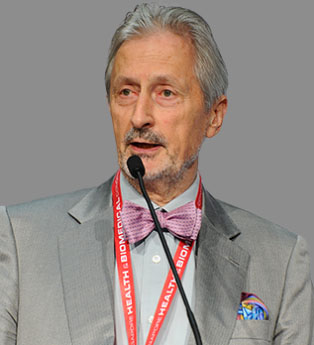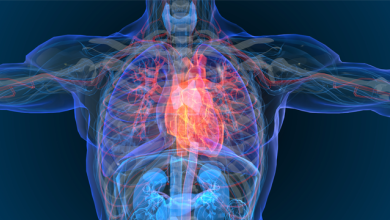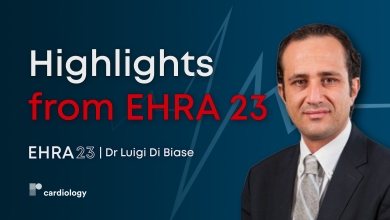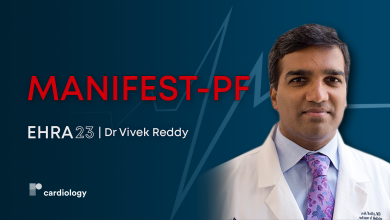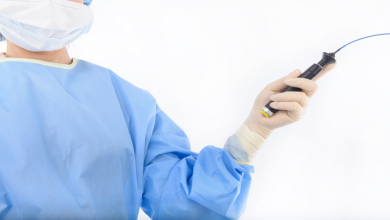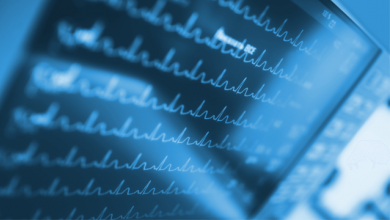Search results
Advancing Syncope Diagnosis
Author(s):
Jayne Mudd
,
Jean-Claude Deharo
,
Rose Anne Kenny
Start date:
Feb 04, 2020
Broadcast
Richard Sutton
Research Area(s) / Expertise:
Job title: Emeritus Professor of Clinical Cardiology, DSc
Author
Author(s):
Alessio Galli
,
Francesco Ambrosini
,
Federico Lombardi
Added:
3 years ago
Since the 1960s, Holter monitoring has been a cornerstone for diagnosing suspected arrhythmias in patients of all ages.1 The most common monitoring systems allow the continuous registration of three or more leads for 24–48 hours; newer Holter monitors allow continuous electrocardiogram (ECG) registration for 2 weeks.1 Extending the time of ECG registration will increase the diagnostic yield of…
View more
Author(s):
Maarten Antonius Koole
,
Sanne de Jong
,
Barbara J Mulder
,
et al
Added:
1 week ago
Author(s):
Wei-Yao Lim
,
Sandeep Prabhu
Added:
3 years ago
The number of cardiac implantable electronic devices (CIED) has been increasing year-on-year.1 This, coupled with improvements in life expectancy,2 means that more elderly patients will meet the criteria for a CIED. National and international guidelines set out clear criteria and make recommendations for CIED use based on available evidence.3–6 However, the majority of clinical trials include few…
View more
Pacing for Vasovagal Syncope
Author(s):
Rakesh Gopinathannair
,
Benjamin C Salgado
,
Brian Olshansky
Added:
3 years ago
Article
Author(s):
Luigi Di Biase
Added:
1 year ago
EHRA 2023 — Join us as Dr Luigi Di Biase, Section Head of Electrophysiology, Director of Arrhythmia Services, Professor of Medicine and Senior Researcher, shares his insights on the highlights of the late-breaking trials presented this year. What are the latest developments in arrhythmia and electrophysiology? How should the latest data impact your practice?
0:21 - PowerFast
2:18 - MANIFEST-PF
…
View more
Author(s):
Vivek Reddy
Added:
1 year ago
EHRA 2023 — Join us as we dive into the latest research with investigator, Dr Vivek Reddy (Mount Sinai Hospital, New York, NY, US). He discusses the findings from the MANIFEST-PF registry, adding insights to the evolving landscape of pulsed-field ablation.
The trial studied the use of the Pentaspline PFA Catheter in patients with paroxysmal or persistent atrial fibrillation in order to…
View more
Convergent AF Ablation
Author(s):
Karan Wats
,
Andy Kiser
,
Kevin Makati
,
et al
Added:
3 years ago
Article
Author(s):
Melani Sotiriadou
,
Antonios P Antoniadis
,
Nikolaos Fragakis
,
et al
Added:
2 years ago









